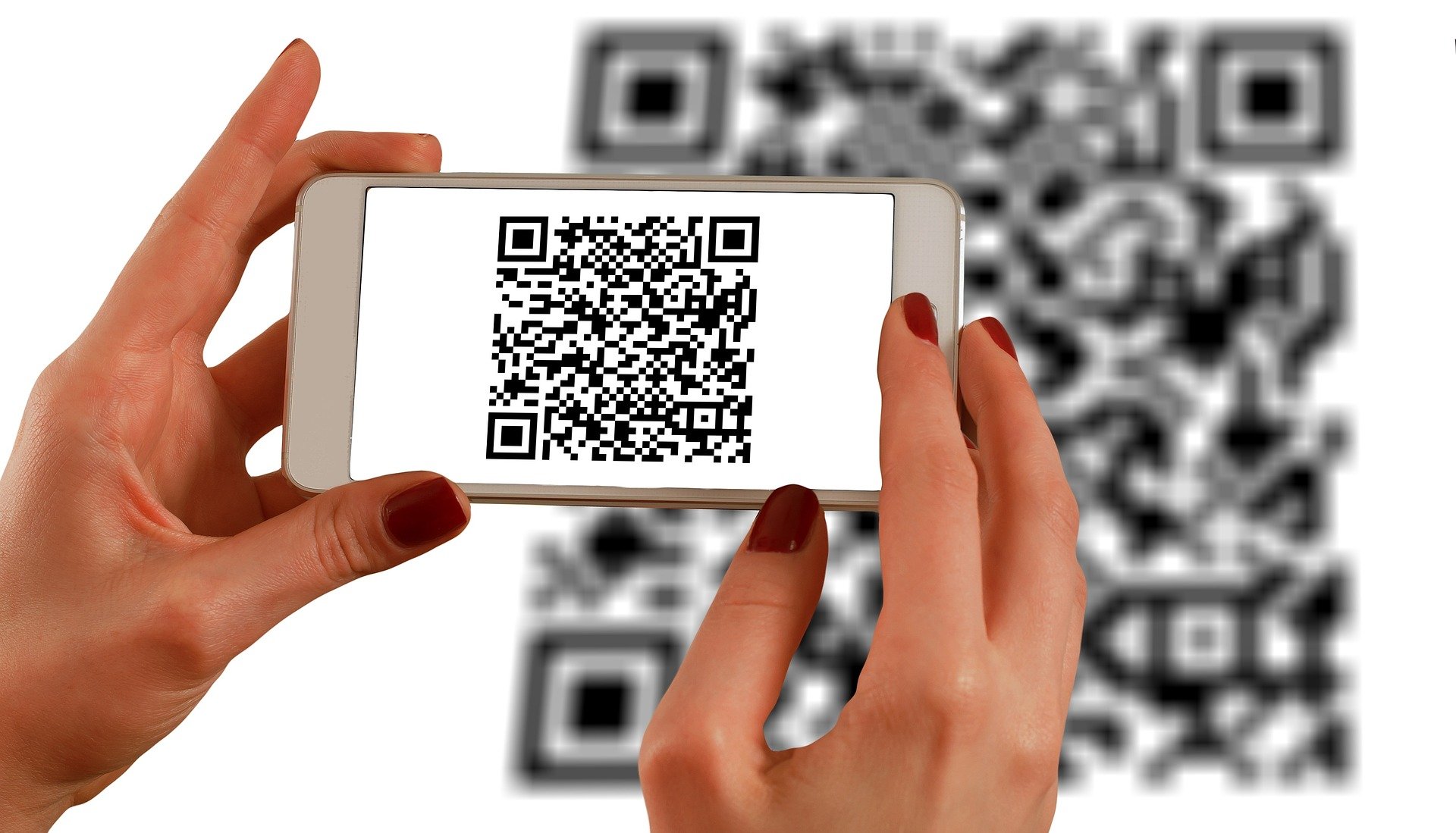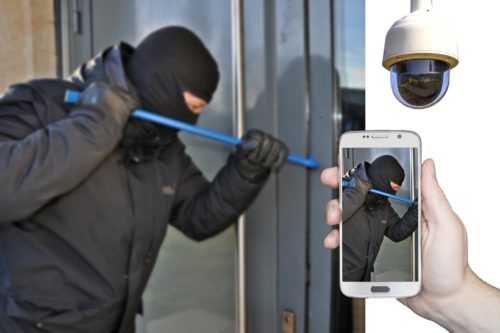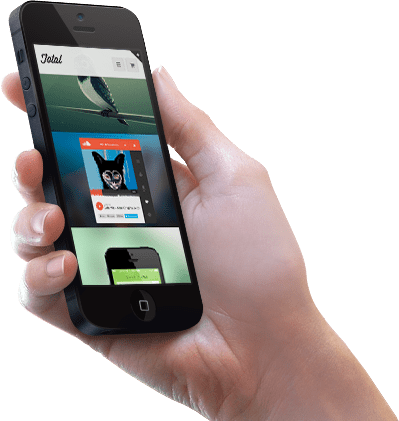
Are You Cyber Secure for 2021?
In previous posts, we have discussed the importance of Physical security like security cameras, alarm systems, and access control to protect properties. But because we know that cyber security is equally important to the overall functioning of these systems, we decided to share with you this topic by Emily Miller. In this blog, Emily answers three questions that describe how layering up on security really works.
Are You Cyber Secure for 2021?
By Emily Miller
With more people working remotely, shopping on eCommerce platforms, and socializing digitally because of the coronavirus pandemic, 2021 continues the trend set last year: it is the age of the internet. But increased activity online- especially activities that include transfers of sensitive private information- make enticing prospects for potential hackers. Cybercrime statistics skyrocketed during 2020, with data breaches affecting at least 30% of online consumers. Additionally, homeowners may not be aware of the potential risks. So what are the risks related to your internet security? And how can you make sure you are internet secure for 2021? From your bank details to private footage from your home security system, there are many facets to consider.
Which cyber security risks are more common?
Have you received an email on your personal account from a strange sender? An email that contains information about either a wonderful prize you have won for a contest you have never entered. Or a mysterious dead relative whose fortune will be yours if only you can provide the sender with your bank details? These scam emails are phishing attempts. And phishing is responsible for the highest percentage of internet security risks, according to scam watch reports. Scammers aiming to collect valuable private information target people in areas where they are already vulnerable. Fake dating and romance websites are the ruse responsible for a huge amount of successful internet scams. Additional scams include phony investment opportunities and false billing claims.
In addition, generally speaking, we rely more heavily on the internet today. Our home internet network bears not just the bulk of our online activities. It can also power a range of wireless devices, from smart TV’s to computers, to phones and tablets. Wireless home security systems are equally reliant on the internet- and can be accessed via remote app technology. So, if your home internet network is not secured, information that passes through any of your devices could be at risk of exposure. Sophisticated hackers who are able to access your home internet network could even be able to deactivate contactless locks. Others have even deleted footage from wireless home security systems.
What is data encryption?
One method of preventing potential attackers from gaining access to your sensitive data is to encrypt all the information that you send over the internet network. There are two main types of encryption available. These will automatically scramble the data you send through the internet network, so that it is illegible to anyone attempting to access it from outside the network.
The first encryption method is WPA: Wi-Fi Protected Access. This method is the strongest and most updated, so if your computer, router, and all other equipment have WPA2 capability, you should install that one. Keep in mind that all of these devices must be synced to the same encryption-otherwise you will be sending a scrambled code across a network that is unable to decipher it.
The second encryption method is WEP: Wired Equivalent Privacy. This choice is less secure and may not prevent some common hacking attempts. Many older devices come equipped with WEP encryption capabilities. Whichever mode you are going to use, be sure your router’s encryption feature is activated. Many internet routers come with this feature turned off.
For secure internet browsing, you can also easily install a VPN. A VPN (or, Virtual Private Network) creates a tunnel of encryption that allows you to securely and privately transfer data back and forth between your device and the hosting site. This means any transaction you enact online takes place anonymously, with both your identity and geo-location masked to possible prying eyes. For online commerce transactions, eBanking, or even filing your tax returns, using an internet browser protected by a VPN allows you to thwart any hacker’s attempts at intercepting your sensitive details.
What are other ways to restrict network access?
What is 2FA?
Simple Steps with Big Results
The best thing you can do this year to secure you and your property, is taking small steps to ensure that your network and therefore all your devices are protected from hackers. With complex passwords, updated software, encrypted messages, and a multi-stream security approach, you can rest assured that your internet- and therefore your property itself- is secure for the year to come.
About the author
Emily has had a love for travel since she was a little girl. She has visited places all over the US and even to a few other countries. Unfortunately, due to Covid-19 and travel restrictions, she has been spending more time at home. Nonetheless, she now uses her experiences to write about travel, home safety, and cyber security.



